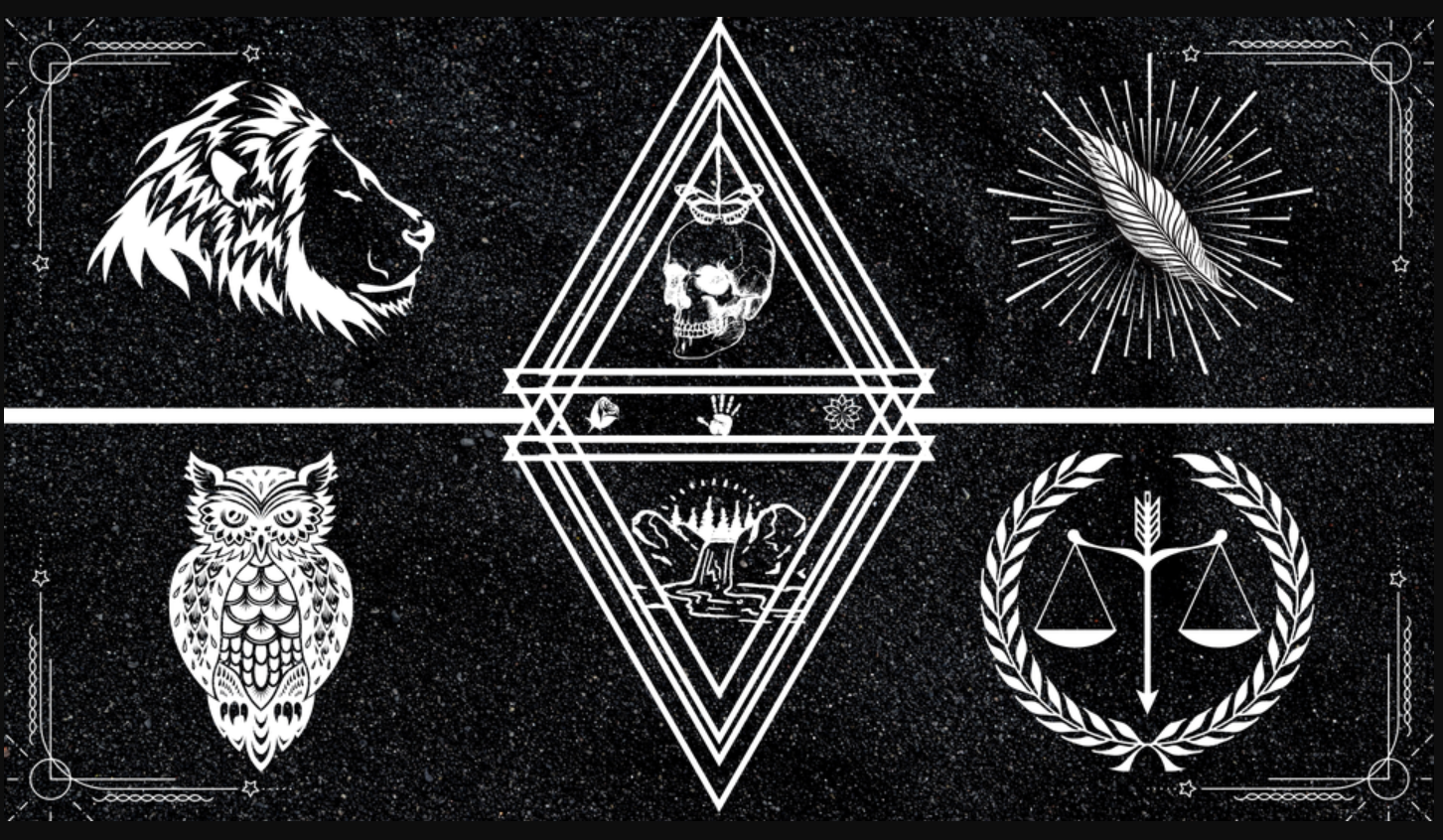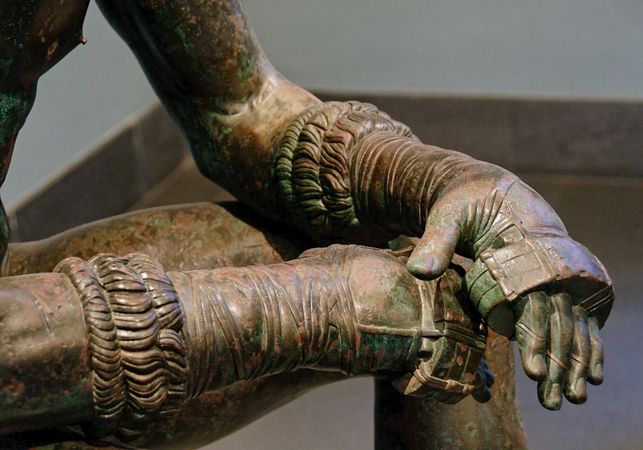Written by Alex Barrientos, Associate Editor, Classical Wisdom Stoicism, as a philosophy of life, has become increasingly popular amongst the general public. With practical lessons on how to control our temper, how to have good friendships, prioritizing what’s important, facing death, avoiding the pitfalls of consumer culture, and how to live the good life, it






